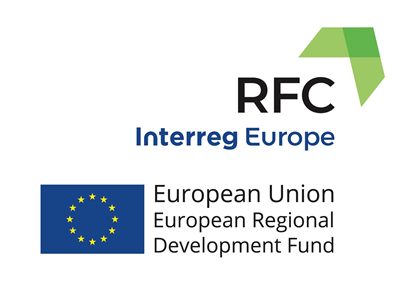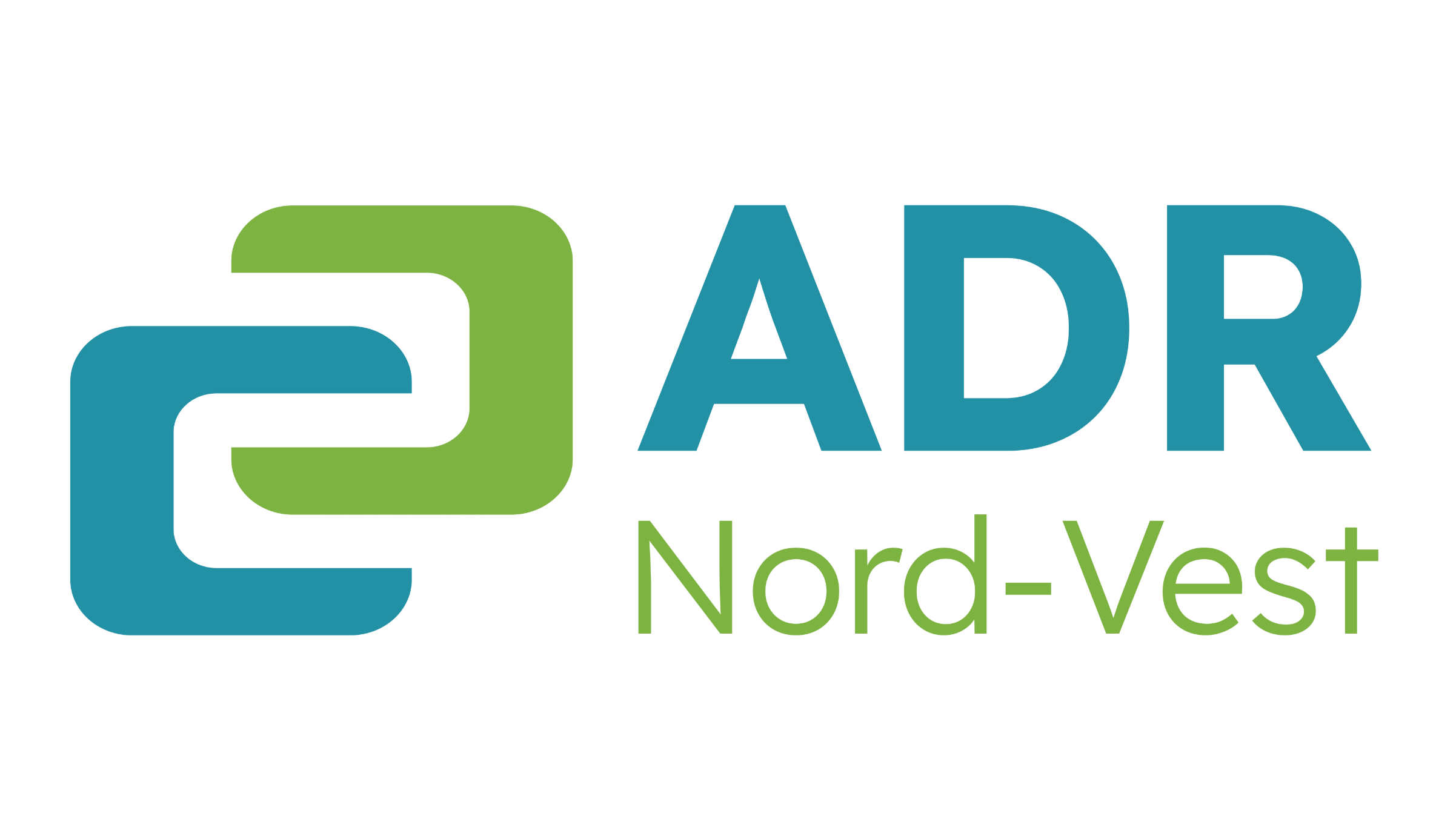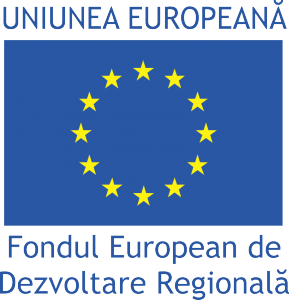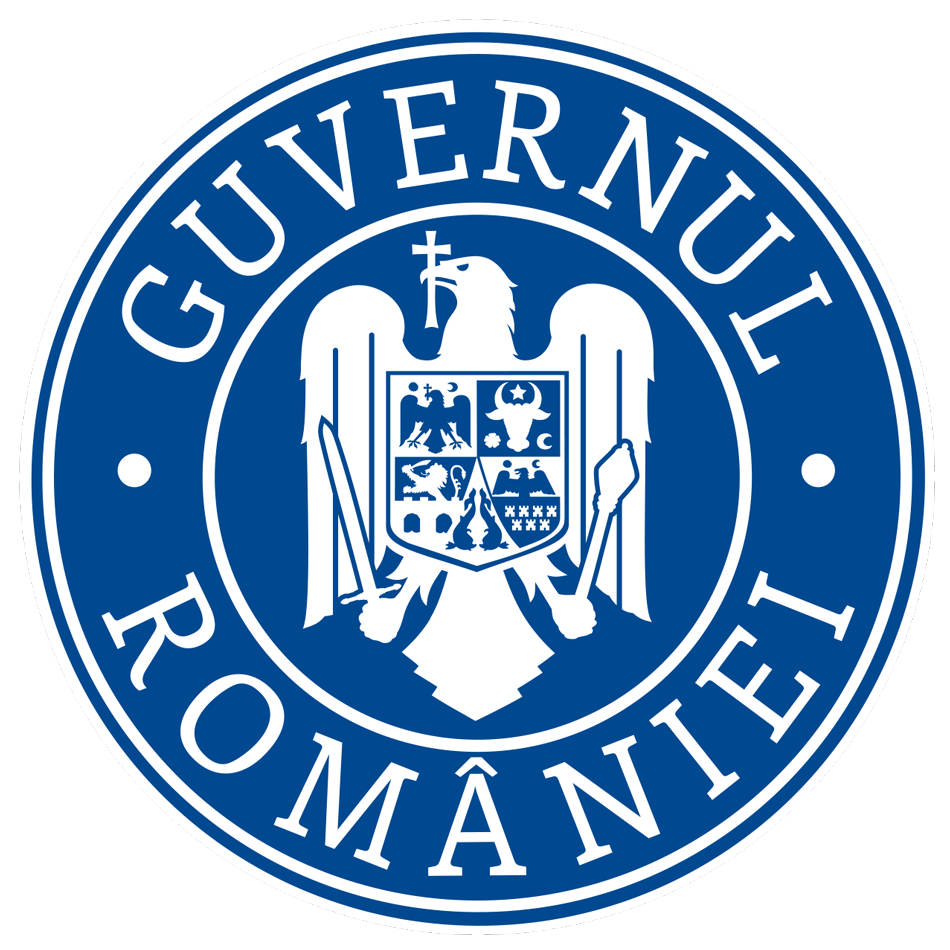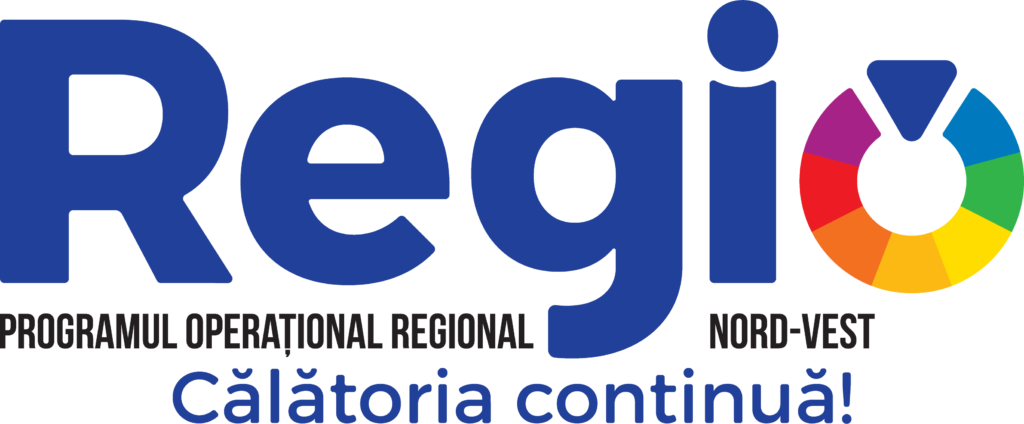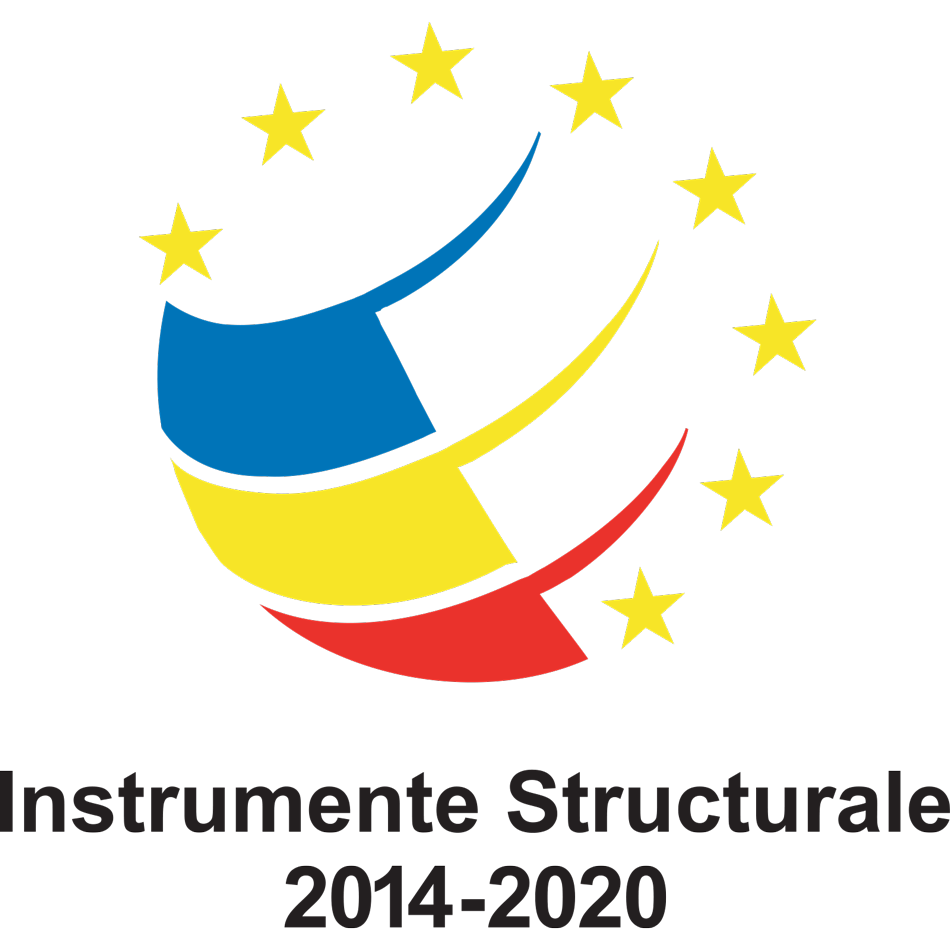During the first semester of 2021 within the European project Revitalization of Fortress Cities three events took place: European Workshop - financing mechanisms of historical heritage, Regional Workshop - recommendations for the period 2021-2027 from the experience of the ROP 2014-2020 and the Virtual Study Visit - Magdeburg fortress.
Funded from the Interreg Europe territorial cooperation program, this project brings together partners from seven European countries, interested in activities related to the rehabilitation, conservation and revitalization of historical and cultural heritage.
The North-West Regional Development Agency, as a partner organization, animated at the regional level a working group made up of local authorities, administrators of heritage objectives, museums, universities, clusters and non-governmental associations. The members of the Regional Committee of Representatives have access to examples of good practices from partner regions in Europe, as well as to the European network for the dissemination of heritage objectives, for urban regeneration initiatives and integrated tourism development.
- EUROPEAN WORKSHOP – HISTORICAL HERITAGE FINANCING MECHANISMS
In January 2021, the interregional workshop was held on the financial mechanisms available for the rehabilitation of the built heritage. Held in videoconference format, the workshop brought together heritage experts from the 7 partner countries, facilitating the exchange of best practices from the perspective of local and regional authorities, specialists and administrators of heritage objectives.
ROMANIA: 26 cultural-historical heritage rehabilitation projects in the North-West Region are currently funded by the Regional Operational Program 2014-2020, alongside other heritage objectives funded by cross-border programmes, the EEA Norway Grants Cooperation Program and the National Development Plan Rural. The fluctuation of wage costs in the construction sector through government decisions in 2018-2019 and the increase of almost 50% in the costs of construction materials had a negative impact on the budgets of the rehabilitation projects of heritage sites. At the same time, the prohibition to obtain profit comes in contradiction with ensuring the sustainability of the objective.

BELGIUM: in the city of Dendermonde in the Flanders region, we find an eloquent example of a public-private partnership, concluded between the local authority and a private company specialized in investment and real estate development, which provides the entire package of services regarding the financing of the rehabilitation of the heritage sites in the city. In this approach, the solid basis is represented by the construction of a realistic financial plan, anchored in the situations on the ground and substantiated by multi-disciplinary studies, the main objective being the inclusion of the site/monument in the local or regional financial circuit, as the case may be.
GERMANY: in the case of a lack of large funding, volunteering is one of the optimal solutions for ensuring the human resources necessary for rehabilitation works. In the case of the Magdeburg Fortress, voluntary associations act in partnership with the local authority, thus ensuring a stable continuity of the restoration work. Moreover, for the co-financing of projects, the associations turn to the campaigns of crowdfunding, thus involving the public in the restoration of the objectives to be returned to the community.
SLOVAKIA: the Stará Lubovňa fortress in the Zilina region, an example of self-financing – through the activities carried out throughout the year, it generates an annual income of approx. 200 thousand euros, funds that are used in the rehabilitation of the monument. The advantage of the location is given by the fact that there are no other heritage attractions near the objective, enhanced by the tourist dissemination campaigns and local patriotism.
SPAIN: by the Historical Monuments Law, 1.51 TP2T from the works contracts of the local and regional administrations are mandatorily directed towards conservation of heritage objectives or revitalization through creative activities or artistic promotion. The Province of Teruel has its own Investment Fund (FITE) which compensates for investment disparities; 50% of the funds come from the national government and 50% from the regional government, through an agreement renewed annually. Local projects are financed through these funds.
Financial challenges:
- Bureaucracy of funding programs: despite the fact that at European level at least five funding programs in the field of monument rehabilitation are open, a unanimous echo from most development regions at European level focuses on the bureaucratic difficulties regarding accessing and running these projects.
- Public procurement procedures: the public procurement procedure for construction execution services does not prioritize the quality of the works. The criterion used to distinguish the participating companies is that of the "lowest price". Thus, the experience gained by the participating companies through similar works or the quality of the materials used are not the primary criteria, therefore major difficulties often arise in the rehabilitation of historical monuments, including blockages in the development of projects.
Future perspectives of funding from European funds 2021-2027: components dedicated to cultural heritage will be financed through operational programs of the member states through the policy objectives reflected in Priority 5 – A Europe closer to citizens and Priority 4 – A more social Europe. Compared to other investment priorities, the allocation will be lower.
REGIONAL WORKSHOP: RECOMMENDATIONS FOR THE PERIOD 2021-2027 FROM THE EXPERIENCE OF POR 2014-2020
At the end of January, ADR Northwest organized an extensive meeting at the level of the Regional Committee of Representatives, with the participation of local authorities in the region, representatives of the National Institute of Heritage, specialist architects, construction engineers, archaeologists, beneficiaries and consultants in the development and management of projects rehabilitation of the heritage from European funds.
The meeting ended with a series of discussions with colleagues from the ROP Implementation Directorate on the challenges of the existing regional program and suggestions for improvement for the content of the applicant guides for the future Regional Operational Program 2021-2027 for the North-West Region. The agenda included, from the Regional Development Department, a brief presentation of the new ROP proposal, which is in the process of consultation and negotiation with representatives of the European Commission.
The conclusions of the meeting were summarized as follows:
- The major challenges of the ROP 2014-2020, from the perspective of Priority Axis 5. Improvement of the urban environment and preservation, protection and sustainable exploitation of cultural heritage:
- the access of private entities, disadvantaged to financing;
- implementation difficulties on the part of local public authority beneficiaries, due to public procurement procedures;
- archaeological discoveries on construction sites influence the schedule of projects; the proposal is to include these specific works in the estimates related to the implementation, not only in the activities preceding the works;
- the ban on obtaining income for 5 years after the completion of the works makes it difficult to self-finance the heritage objectives; on the contrary, financial sustainability should be encouraged.

- Northwest POR perspectives 2021-2027, from the perspective of Priority 6. An attractive region
- Both in urban and rural areas there will be operations aimed at the conservation, protection and sustainable exploitation of cultural, historical and natural heritage and the development of cultural services;
- In order to have access to financing, the project proposals will have to be included in advance in the SIDU – the integrated urban development strategies, which also include the metropolitan areas;
- The amounts allocated for heritage restoration will be comparatively similar to the current period, there are constraints imposed by the European Commission related to the allocation, especially to the first two specific objectives of the Union, transposed in the North-West ROP in Priority P1. A competitive Region through digitization and dynamic enterprises and P2. A Region with SMART cities;
- The Northwest POR 2021-2027 will be under negotiation with subsequent changes estimated to be completed in the summer of 2021; public consultations are to be organized in the region with all the factors involved.
MAGDEBURG CITY – VIRTUAL STUDY VISIT
At the beginning of March, the City Hall of Magdeburg in Germany organized the virtual study visit dedicated to the knowledge of the Prussian fortification, the successive rehabilitations, the revitalization of the heritage sites through creative activities and tourism, and the perspectives of future urban planning.
In the 18th century Magdeburg was the strongest fortification in Prussia. It was named Otto's City, after Otto-von-Guericke, mayor and physicist, in the 17th century. Over the centuries, the walls experienced a gradual expansion along with the development of the city. The two world wars left deep traces on the architecture of the city, until now the Prussian Fortification and the Old Center have been rehabilitated, with different functions.
Presented as a community model, the Association of Friends of the Magdeburg Fortress carries out activities for the preservation of heritage objectives, urban development and tourism. At the event, the novel restoration model based on volunteerism from the local community was detailed:
A series of events are organized periodically to enliven the vestiges. Entitled the Mark Cultural Fortress, it has been hosting cultural events since 2002, the most famous of which is the Annual Festival Festung Mark:
Another example of revitalization is the establishment of a restaurant in the former railway station in Leipzig, on the banks of the Elbe river, now in private ownership after the town hall financed the rehabilitation of the premises with European funds.
The urban development plans assume the inclusion of the fortress in the green belt of the city and in the digital tourist circuit, the exploitation through revitalization and other areas of the fortification and the inclusion in regional and European recipes for a better dissemination of the tourist and investment potential.
To be aware of the activities organized within the project and to learn new information about cultural heritage through the lens of fortress cities, we invite you to sign up for the RFC newsletter, following this link: http://eepurl.com/gKPje9
Article by:
Ioana Dragoș, project manager
Marius Lazin, implementation expert
Dorin C. Domuța, Head of Department
Zsolt Csok, external expert Pro Restauratio
